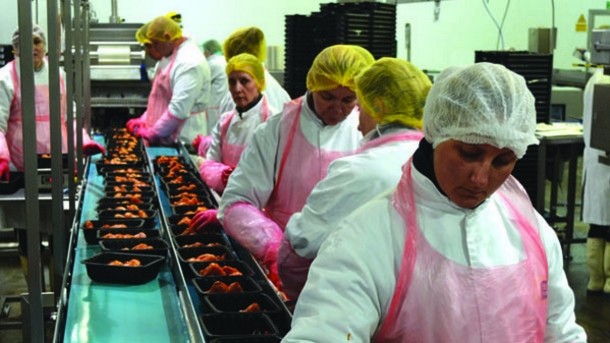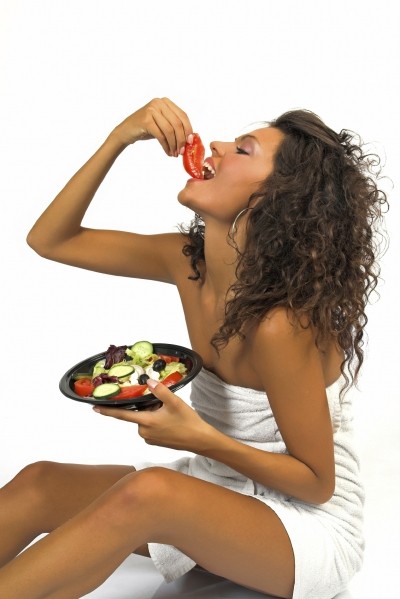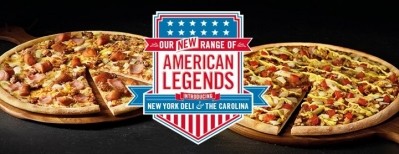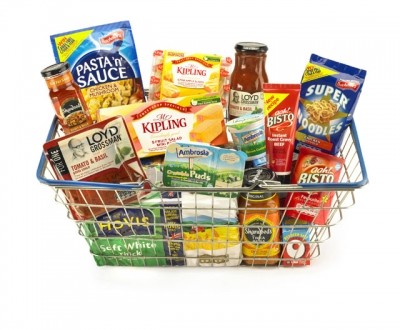Food and drink firms focus on premiumisation

Premiumisation enables business managers to distance their ranges from the cost-cutting market place by developing products with a unique selling point, according to the report from Barclays and the Institution of Mechanical Engineers (IMechE).
Barclays head of manufacturing Mike Rigby said the trend offered manufacturers alternative routes to growth and profitability in both domestic and export markets.
New opportunities
“UK manufacturers have long seen the benefits of long-term planning and investment strategies to meet changing market needs and new opportunities,” said Rigby.
Examples of premiumisation included niche areas such as health foods, ‘free-from’ launches and products with a proprietary recipe, which have seen significant growth over recent years, he added. Those products now accounted for about 10% of the UK food market.
The report predicted that the increasing fragmentation within the food retail sector – characterised by the rise of smaller shops and specialist outlets – will give manufacturers more opportunities to further develop specialist niche products.
“These foods can also give manufacturers the valuable position of being seen to support the major supermarkets with growth into new and developing markets,” said Barclays.
Also, some niche products can carry a unique formulation, which reduces the ability of retailers to seek readily alternative suppliers.
Manufacturers’ confidence
- 76% of managers optimistic about growth prospects
- 77% predicted long-term growth over next five years
- 63% expect to increase profits over next year
Many manufacturers’ established food and drink brands are in direct competition with retailers’ own-label goods, acknowledged the report. In order to maintain customer loyalty and grow brands, manufacturers are starting to highlight difference and superiority over the ‘white label’ goods, said Barclays.
The move reflected recognition customers will pay more for food if it offers consistently better quality, health benefits, or other perceived advantages.
‘Supemarkets’ own-labels’
“Premiumisation’ is not just about differentiating products from those carrying the supermarkets’ own labels. But also it is about the brand of the manufacturer as a whole where their reputation acts as a guarantee of quality and performance.”
The report also highlighted managers’ confidence in the food and drink manufacturing sector. More than three-quarters (76%) of manufacturers surveyed were optimistic about growth prospects for the coming year.
A further 77% predicted long-term growth in the next five years and 63% expected to increase their profits this year. Their confidence was reflected in investment levels, with 82% of managers reporting investment had been maintained or had risen in the past two years, while 79% expected it to rise or stay the same over the next two years.
“It is encouraging to see that changes within the structure of the UK food retail sector are contributing to strong levels of optimism among manufacturers,” said Rigby.
Meanwhile, take part in the Food Manufacture Group’s survey of the state of the food and drink manufacturing nation here.
Other findings:
• Investment in automation and technology improvements seen as key to competitiveness
• 91% of respondents saw UK wage costs as a significant factor driving the industry towards greater automation
• 54% said that exports were an important part of their business plans
• 54% said food and drink imports from lower-cost countries threatened their viability
What’s premiumisation?
“From the introduction of brands such as Tesco Finest in the ’90s, to Grey Goose and the race to create the most super-premium vodka, through to today’s war of waters, premiumisation is probably now more prolific and more desirable than ever before. Brands are continually looking for new ways to add value.”
Darren Foley, md, Pearlfisher, independent design business
















